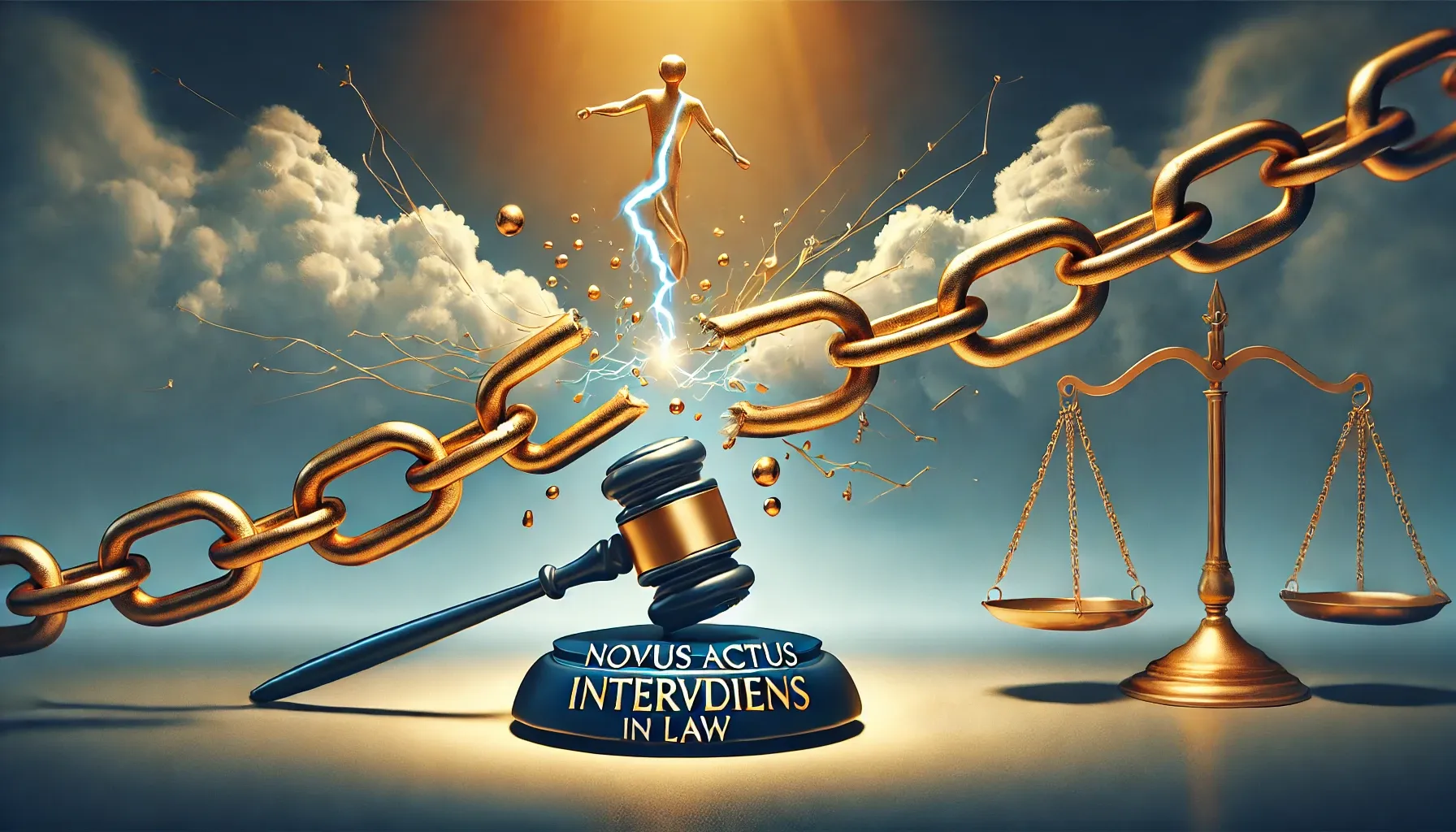Originated[x] in the mid-1200 century, from Old French word justice, from Latin iustitia which means being righteousness and equity, also from iustus, which means being upright and just.

Definition
The way of being fair when dealing with people is Justice[i]. Important aspects[ii] related to the word justice[iii] are –
- The quality of an individual being just, equitableness, righteousness.
- lawfulness, the justness of ground or reason.
- The maintenance or administration of what is just by the law, especially by the impartial adjustment of conflicting claims or the assignment of merited rewards or punishments.
Meaning
As the word justice has been originated from the word Jungere, which means to bind or to hold together, hence it can be said that Justice is a key ailment that keeps the individuals[iv] together in a society and enumerates a balance between people while enhancing human relations. Oxford Dictionary defines justice as to what is to be just, it says an individual is said to be just when they do what is morally right. The true meaning of justice is being fair and righteous. Granting justice is the most important goal of law and society.
The judges of the court have been deliberating new variants of justice in the form of need-based rights like liberty, freedom, and the form of contemporary values as ordained in the Indian Constitution. In the case of State of Haryana v. Darshna Devi, hounourable Justice Krishna Iyer observed, “…access to justice for the citizens of the country is the basic foundation of the Constitution”.
USAGE
Apart from being righteous and fair, justice is used to address the judge of a court. Justice is used about having a quality of being impartial and quality of conforming to the law, often used with being correct.
The preamble[v] to the Constitution of India guarantees Justice – social, economic, and political to all the citizens who have themselves vested into the Constitution of India. Under article 14 of the Constitution of India, the state is directed to secure social, economic and political justice to all its citizens, making the constitutional mandate for speedy justice inescapable, article 14 guarantees equality before the law[vi].
Under Article 39A of the Indian Constitution, the State has to secure the operation of the legal system in such a way that it promotes justice, functioning based on equal opportunity and ensuring that the same is not denied to any citizen of the country, because of economic or other disabilities, further equal opportunity must be created to enable enhanced access to justice, as its not sufficient that the law treats all persons equally. Irrespective of the prevalent inequalities, the law must function in such a manner that all the citizens have access to justice despite economic differences. There are four concepts[vii] of justice, namely – Social Justice, Economic Justice, Political Justice, and Legal Justice.
The concept of social justice is to uplift the underprivileged section of the society, without affecting unreasonably the interests of the upper-class society. This concept of social justice finds its reference in Article 14, 15, 39(b) & (c). Prakash Cotton Mills v. the State of Bombay[viii] and State of Mysore v. Workers of Gold Mines[ix] are important cases where the Supreme Court observed that the concept of social justice is a living concept of revolutionary impact as it gives substance to rule of law and meaning and significance to the idea of welfare of the state.
The concept of Economic justice talks about that all the citizens should be provided with adequate and equal opportunity to earn their livelihood and get equal remuneration for equal work. There must be a fair and just equitable distribution of wealth and resources, and the gap between rich and poor should get abridged. From financial stability to enhancing healthcare, the state government should create opportunities for them by generating employment.
The concept of political justice means, granting equal opportunities and rights to all the citizens of the country. The right to vote and contest elections freely is to be ensured.
The concept of legal justice says that while making laws the will of rulers must not be used on the ones who are being ruled. The formulation of law should be based on public opinion and needs while considering Social values and Morality.
Some Historic usage –
- In the late 1400 century, justice Meant the right order, equity, the rewarding to every one of that which is his due. The Old French word had widespread senses including also “uprightness, equity, the vindication of right, court of justice, judge.
- Between 1400-1700 Justice was sometimes also associated with a vindictive sense which meant infliction of punishment, legal vengeance.
- In 1200 century, justice was used as a title for a judicial officer.
- Between 1400-1700 Justice was sometimes also associated with a vindictive sense which meant infliction of punishment, legal vengeance.
Some usage in a sentence –
- What poetic justice that Collins has to go to court to plead to be allowed to die, just like his innocent victims pleaded to be allowed to live.
- That photo doesn’t do justice to her good looks.
- The final score doesn’t do justice to our team’s performance.
- She felt that her exam results didn’t do her justice.
- The book presents a vision of a society based on equity and social justice.
ORIGIN
Originated[x] in the mid-1200 century, from Old French word justice, from Latin iustitia which means being righteousness and equity, also from iustus, which means being upright and just. It draws a meaning of exercising authority in vindication of right by assigning reward or punishment. Justice is Also associated with a quality of being fair, just, moral soundness and conformity to truth.
[i] https://dictionary.cambridge.org/dictionary/english/justice
[ii] “Justice.” Merriam-Webster.com Dictionary, Merriam-Webster, https://www.merriam-webster.com/dictionary/justice. Accessed 11 Jun. 2020.
[iii] https://www.macmillandictionary.com/dictionary/british/justice
[iv] https://www.iep.utm.edu/justwest/
[v] http://legislative.gov.in/sites/default/files/English.pdf
[vi] “The Indian Constitution Guarantees Justice to All.” LawTeacher.net. 11 2013. All Answers Ltd. 06 2020 <https://www.lawteacher.net/free-law-essays/indian-law/the-indian-constitution-guarantees-justice-to-all-law-essay.php?vref=1>.
[vii] Concept of Justice, Twinkel, https://www.legalbites.in/concept-of-justice/
[viii] 1957 II LLJ 490 (Bom) .
[ix] 1958 II LLJ 479 (SC).
[x] https://www.etymonline.com/word/justice




